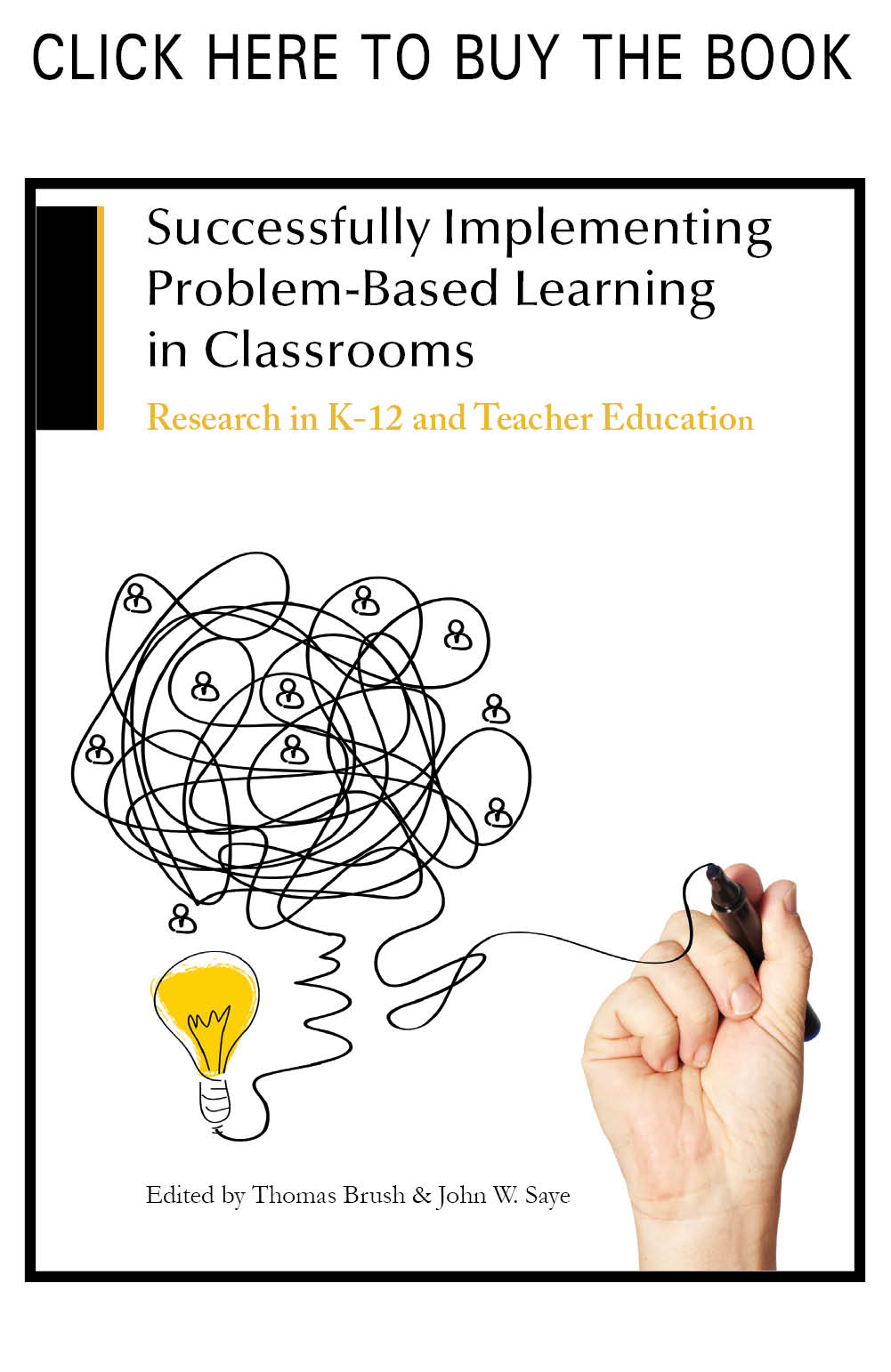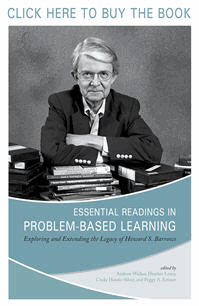Abstract
This exploratory, evaluative case study introduces a new context for problem-based learning (PBL) involving an iterative, modular approach to curriculum-wide delivery of PBL in an MA TESOL program. The introduction to the curriculum context provides an overview of the design and delivery features particular to the situation. The delivery approach has established multiple roles that contribute to the design and facilitation of the learning environment: lead instructors, collaborating instructors, and students as peer teachers. These roles also identify milestones on a collaborative instructional skills trajectory for professional development. In this mixed methods study, qualitative data were collected from collaborating instructors (the majority of whom were alumni) in order to illuminate the nature of successful PBL cycles and quality peer teaching, as experienced in the program. Their perspectives were also elicited on their position in the trajectory, highlighting current professional development benefits and future needs. Quantitative data on student demographics and mean GPA for coursework triangulate the qualitative results. Implications and recommendations for further research are explained.
Recommended Citation
Caswell, C. A.
(2017). Design and Facilitation of Problem-Based Learning in Graduate Teacher Education: An MA TESOL Case. Interdisciplinary Journal of Problem-Based Learning, 11(1).
Available at: https://doi.org/10.7771/1541-5015.1623
Included in
Applied Linguistics Commons, Curriculum and Instruction Commons, Higher Education and Teaching Commons, Online and Distance Education Commons




